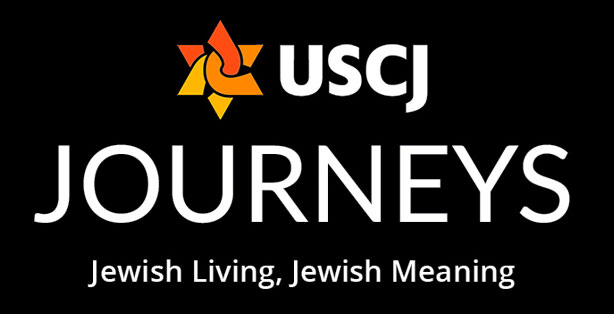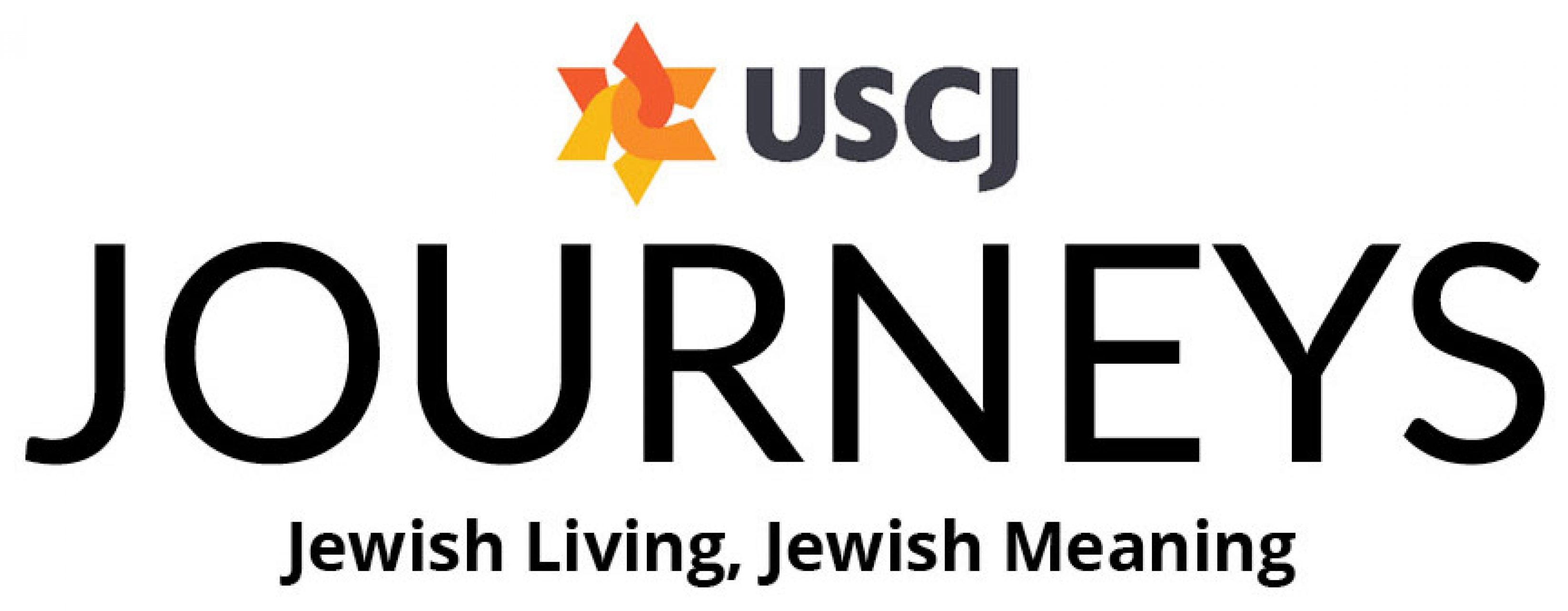“You shall bind them as a sign upon your hand, and they shall be for a reminder between your eyes.” —Deuteronomy 6:8
 Jewish men who perform tefillin—binding the boxes and straps onto their head and upper arm during prayer—may be doing more than creating a bond between the God who commands and the man who performs the powerful mitzvah. It could be good for the heart, too, says a study by researchers at the University of Cincinnati.
Jewish men who perform tefillin—binding the boxes and straps onto their head and upper arm during prayer—may be doing more than creating a bond between the God who commands and the man who performs the powerful mitzvah. It could be good for the heart, too, says a study by researchers at the University of Cincinnati.
The study indicates that the act of tightly wrapping the leather straps of tefillin around the arm on an almost daily basis could help blood flow and lower the risk of a heart attack. “We found people who wear tefillin in either the short or long-term recorded a measurable, positive effect on their blood flow. That has been associated with better outcomes in heart disease,” explains Dr. Jack Rubinstein, a cardiologist and associate professor at the University of Cincinnati, who co-authored the study.
In the study, researchers looked at Jewish men living in or around Cincinnati, including half who wear tefillin daily and half who don’t. The subjects were measured before and after wearing them for 30 minutes each day. Measuring participants’ vital signs, blood for analysis of circulating cytokines and monocyte function and blood flow in the arm not wrapped with tefillin indicated that blood flow was higher for men who wore tefillin daily. They also had fewer circulating cytokines, which are signaling molecules that can cause inflammation and negatively impact the heart.
So how does this happen? Dr. Rubinstein says the binding of the arm and discomfort users often report may serve as a form of preconditioning and offer a substantial degree of protection against “acute ischemic reperfusion injury” where a part of the heart is deprived of oxygen during a heart attack and then damaged by re-oxygenation. “One of the ways that protection occurs is through pain,” says Dr. Rubinstein. “Feeling pain is actually a preconditioning stimulus. It is almost impossible to precondition someone unless they are willing to do something daily to themselves.” Tefillin users, in fact, may be unintentionally doing just that.
Results of the study were published late last year in the American Journal of Physiology Heart and Circulatory Physiology and could explain previous Israeli studies that found religious men suffered fewer heart attacks than the general population.
Prayer has been shown to have many other physical and emotional benefits, too. Better moods, more self-control, stronger personal beliefs, inspiration in hardship, healthier interpersonal relationships and increased creativity are among the ways people have been known to benefit from prayer.
Heart-Healthy Tips This American Heart Health Month
Cardiovascular disease is the number one cause of death and disability in the United States, killing more Americans each year than cancer. National Jewish Health Cardiologist Andrew Freeman, MD, offers these tips to improve your heart health and stop the statistic:
- Say No to Smoke: Quitting smoking is the single most important lifestyle change you can make to reduce your risk of heart attack, stroke and lung cancer.
- Season Less: Controlling your salt intake (the latest guidelines recommend no more than 1,500 mg of salt each day) will keep your blood pressure down.
- Step Up and Out: Park farther away and walk when you’re out shopping. Take the stairs rather than the elevator at work. Look for ways to get 10,000 steps a day. Brisk walking for 150 minutes a week (22 minutes a day for five days) also improves heart health.
- Eat Smart: Eating more fruits, vegetables and whole grains is not only good for heart health, but can also significantly reduce cancer risk.
- Be Mindful: The mind-body connection is proven to affect cardiovascular health. Use deep breathing, meditation, mindfulness, prayer or others ways to de-stress.
Interested in learning how to put on tefillin? Click here to learn more.
Like this article? Sign up to receive Journeys in your inbox each month »








Comment here